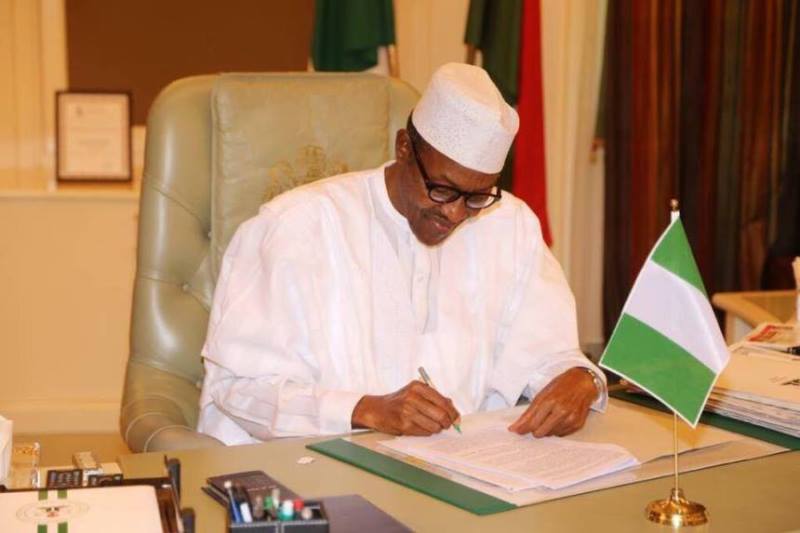The country is currently battling an affordable housing crisis. Presently, Nigeria’s housing deficit is about 22 million units, and for a country with a population of nearly 200 million people, it will require a minimum of an additional 2 million housing units per annum for 10 years.
A severe shortage of affordable homes for low-income families has been the brain behind the yearly increment in house prices and rents across the country, putting homeownership increasingly out of reach for many Nigerians and making rents so high that it is all but impossible for renters to save.
After purchasing essentials, including food, clothing and utilities, most families in the country have little left to cover the cost of owning a home for instance.
With fewer families able to buy a house and more renters spending so much of their income just to keep a roof over their heads, reducing the housing deficit currently looks like a mirage.
It was therefore a welcome development when President Muhammadu Buhari in a letter to Nigerians on New Year day said his government will complete within the course of the year 13 housing estates under the National Housing Project Plan.
The government has already budgeted about N60.87 billion for capital projects in the housing sector this year. This is an increase from the N35.4 billion which was earmarked the same purpose in last year’s budget.
The Federal Government’s national housing and social housing scheme (Family homes fund) will gulp an estimated N17.5 billion and N30 billion respectively.
While these allocations are commendable, it is expected that the housing sector will witness an increased allocation in the coming years.
However, the involvement of the private sector cannot be over emphasized. No government in the world has been able to meet the housing needs of its citizens without a robust investment and support of the private sector.
It is time the necessary enabling environment is created for both local and international investors to buy into reducing drastically the housing deficit.
Also crucial is the need for an urgent passage of several bills in the housing sector that have been lying dormant in the National Assembly for years.
It might also be time the government take to the advice of the United Nations. Due to the housing deficit in Nigeria, the UN advised the Nigerian Government to start taxing vacant houses in the country. This advice came from a UN Special Rapporteur on the Rights to Adequate Housing, Leilana Farha who saw the need for the Nigerian Government to address housing challenges in the country by imposing vacant home tax on citizens.
These monies can be ploughed back into the construction of decent and affordable homes for Nigerians to buy.
It is hoped that the government will be able to achieve its target of 13 housing estates for the year 2020, an initiative we can sustain and then build upon for subsequent years.

Leave a comment




